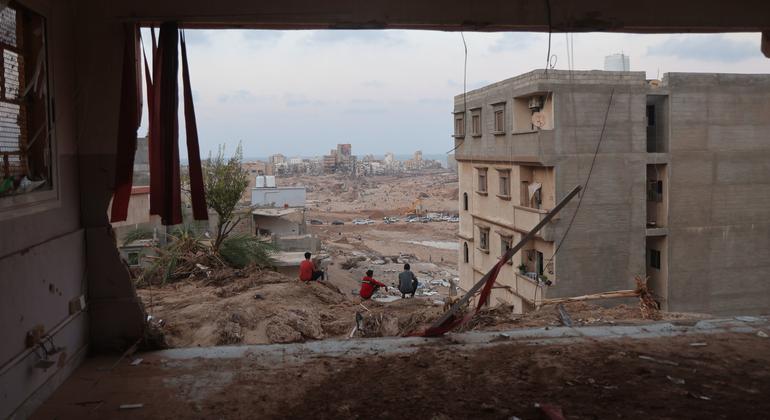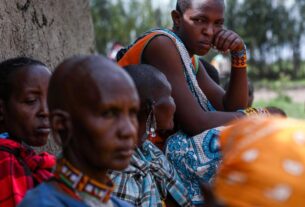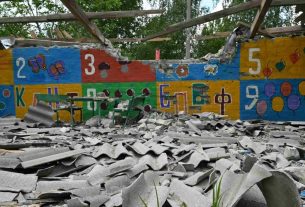Abdoulaye Bathily, who is also UN Special Representative, said that plans floated by different institutions and leaders for reconstruction, run the risk of deepening the existing rift between the internationally recognized Government and rival administration in the east.
He added that rebuilding could be impeded without an agreed plan going forward, and that failure to unify was “at odds with the outpouring of solidarity, support and national unity shown by Libyan people from all corners of the country in response to the crisis.”
“UNSMIL calls on all relevant Libyan national and local authorities and Libya’s international partners to facilitate agreement on a unified and coordinated Libyan national mechanism to direct the recovery and reconstruction efforts and to ensure transparency and accountability”, the UNSMIL chief said.
Oil rich Libya has been in turmoil since the overthrow of former dictator Muammar Gaddafi in 2011, which gave rise to rival power centres across the country and crises on multiple fronts, which have sucked in other regional powers to the simmering conflicts.
Urging Libya’s leaders “to rise above divisions and come together to agree on a unified response to the reconstruction needs”, the UN Special Representative said the disaster caused by Storm Daniel – which has killed thousands and destroyed swathes of the northeast – “also underscores the imperative to expedite negotiations on breaking the political stalemate.”
Myanmar: humanitarian needs, landmine threats surge: OCHA
In Myanmar, conflict and monsoon floods continue to cause new displacement, civilian casualties and destruction of civilian properties, worsening the already dire humanitarian situation there, the UN said on Monday.
According to the UN’s humanitarian affairs coordination office (OCHA), nearly two million people are internally displaced “in precarious conditions” and require lifesaving assistance. More than 63,000 people remain displaced across borders into neighbouring countries since the 2021 military takeover.
OCHA said that the threat to civilians from explosive ordnance is spreading and that for the first time, anti-personnel landmine casualties have now been recorded in every state and region, except the capital Nay Pyi Taw.
At least 1.8 million people have been reached with aid in the first half of the year, but OCHA warned that access and administrative restrictions are causing “prolonged delays or postponements of scheduled relief efforts”, adding to the suffering of affected and displaced communities.
To date, the humanitarian response plan and the flash appeal launched following May’s deadly Cyclone Mocha, for a combined amount of $887 million, remain “critically underfunded” at only 28 per cent, OCHA said.
Over 6,000 schools still closed in Burkina Faso: UNICEF
UNICEF on Monday alerted that with the new school year starting, more than 6,000 schools remain closed because of violence and insecurity in parts of the country.
That means that one in four schools in Burkina Faso are closed, impacting some one million children.
In addition to this, at least 230 schools also currently serve as temporary shelters for more than 52,000 displaced people.
UNICEF said that more than 3.8 million girls and boys are still managing to attend school, including in regions impacted by conflict.
“Our colleagues are working with the Ministry of Education and have helped over 760,000 children through formal education, accelerated schooling strategies, vocational training and education by radio”, said UN Spokesperson Stéphane Dujarric.
Around 5.5 million men, women and children need humanitarian assistance in Burkina Faso – 3.2 million of them children.



